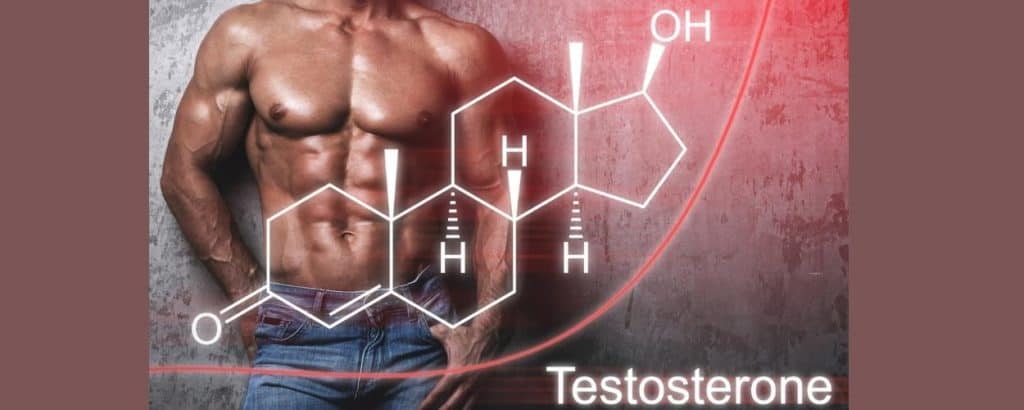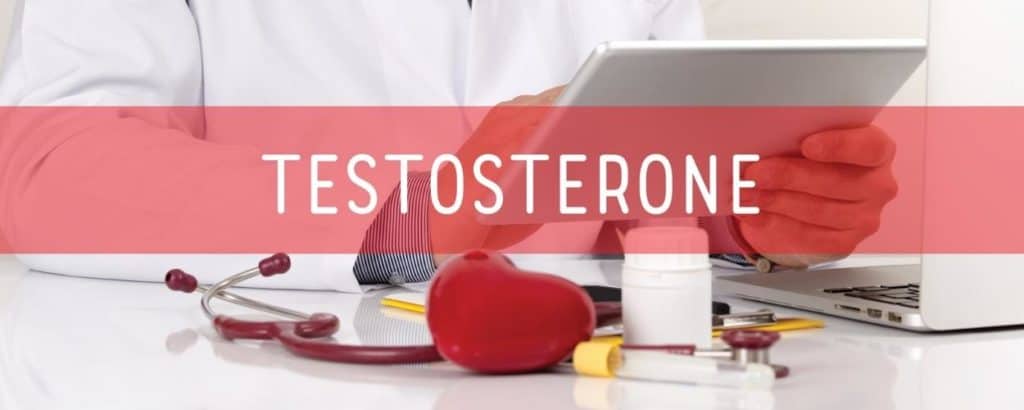When examining the cost-effectiveness of testosterone replacement therapy, it is important to consider the long-term benefits and costs associated with this type of treatment. Testosterone replacement therapy is a popular form of hormone replacement therapy. It has been used to treat various medical conditions, including hypogonadism, andropause, and other issues related to low testosterone levels. The potential benefits of testosterone replacement therapy include increased energy levels, improved mood, sexual functioning, and enhanced muscle strength and size. However, it is also important to consider the potential costs associated with testosterone replacement therapy, including the cost of the medication, potential side effects, and potential long-term health risks. While the potential benefits of testosterone replacement therapy may outweigh the costs, it is important to carefully weigh the risks and benefits before beginning any hormone replacement therapy in the long run.
We hope this has attracted your attention. Testosterone Cypionate (injectable), is the most well-known and effective form of testosterone currently on the market. The reason for this dominance is that topical and oral testosterone substitute administrations are ineffective as your body absorbs them poorly. The injection of testosterone Cypionate has been the only viable option until recently. The administration of testosterone cypionate has historically been restricted to injections into the muscles, particularly the gluteus muscles. Healthcare workers should administer intragluteal injections twice per week. But, this can cause serious disruption to your social life. Talk to testosterone injections recipients and you will hear their praises. However, their lives are essentially centered around getting their shots.
Over 90% of patients tolerate testosterone replacement therapy well. Also, testosterone therapy costs only $100 per month. So why haven't all males adopted testosterone replacement therapy? Two main limitations exist with traditional testosterone therapies. First, injections of testosterone must be administered by a physician. The injections must be made in the buttock muscle gluteal.





